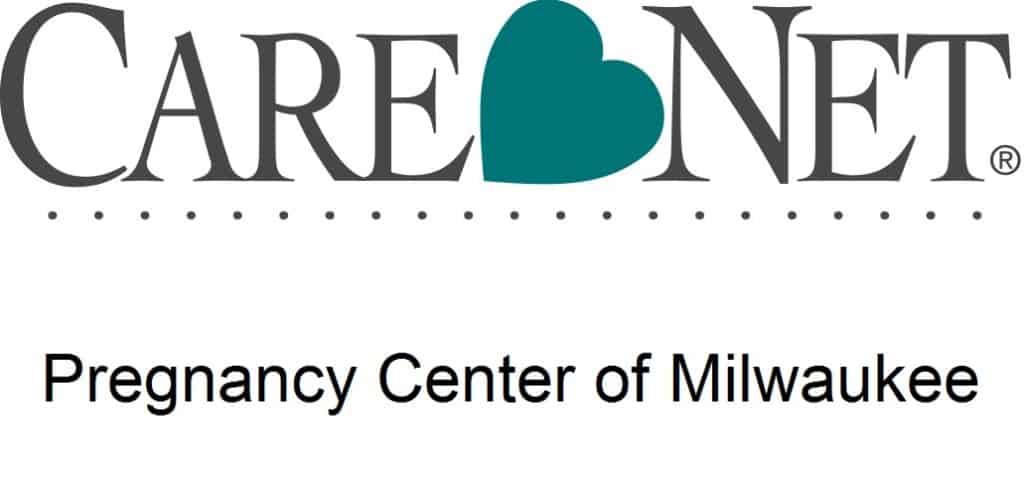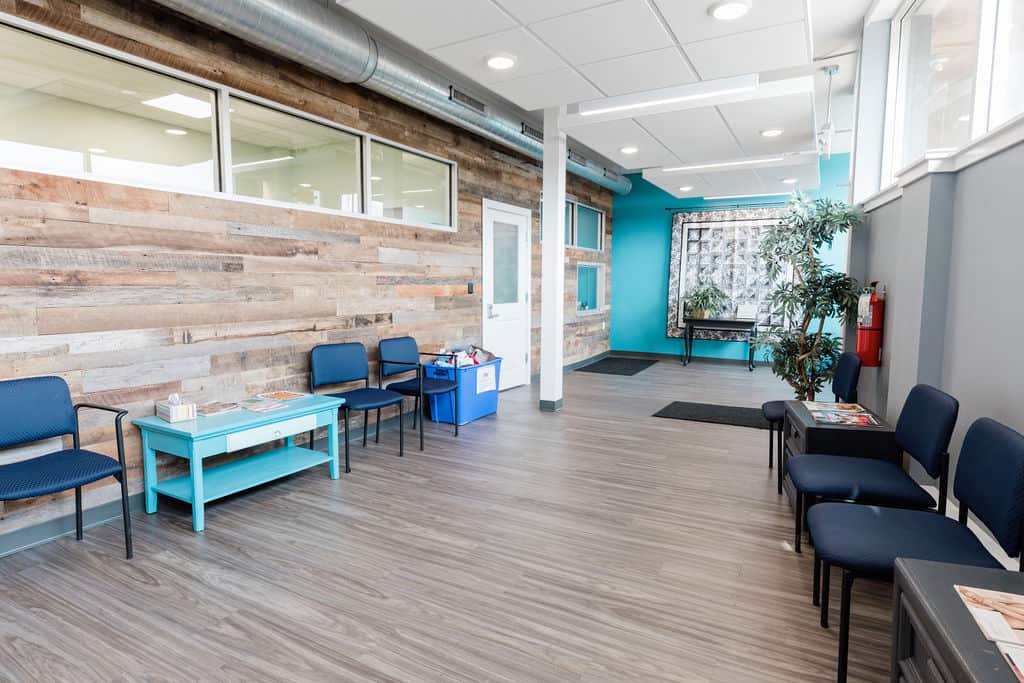What’s Going On in There?
Pregnancy can so often seem like 9 months of this big mystery that’s going on inside your body. The symptoms women feel certainly provide pretty frequent reminders that something is happening, but we don’t get to see the results of the endured morning sickness, fatigue and other changes happening until that little one decides to make their appearance into the world.
Our team at Care Net Milwaukee has put together some insightful facts about what fun developments are taking place in utero during each trimester. So hang tight! Those pesky symptoms (and strange flutters) are serving a big purpose, whether you can see it or not!
First Trimester (0-13 weeks)
LOTS of change is happening in your body in the beginning stages of pregnancy. Your body is preparing a space for your baby to inhabit for the next 9 months and is also working overtime to provide everything necessary to support your already rapidly-growing baby. During these months…
- The baby’s heart starts to beat around 3 weeks after conception and will beat approximately 54 MILLION times before the baby is born!
- As early as 6 weeks, the baby exhibits reflexes (grasping, moving their jaw, pointing their toes in response to touch) and can even roll over
- By 6.5 weeks, the baby’s heart has 4 chambers and is already mostly complete. At this point, it beats more than 160 times per minute! Most other organs begin to develop, such as the brain and spinal cord
- Baby can swallow and their bowel movements begin at around 6 weeks
- Your baby can start having hiccups as early as 7 weeks
- At 9 weeks, the baby can sigh and has started sucking its thumb
- 75% of all babies show right-hand dominance at 8 weeks (the other 25% show either left-hand preference or no preference)
Second Trimester (14-26 weeks)
The second trimester is typically the “easiest” in terms of symptoms. Around this time, most women who have been experiencing morning sickness find that the symptoms significantly lessen (or go away completely) and energy levels start to return. By no means does this mean that your body isn’t still working extra to develop that fast-growing baby! In the second trimester…
- Your baby can hear both inside and outside of the womb at 16 weeks. Your baby can hear the sounds going on inside of your body, such as your heartbeat, your breathing, and can also hear you talk and sing (research shows that babies can actually react to the sound of their mother’s voice and likely find these sounds comforting!)
- Although your baby’s not opening them quite yet, their eyes are developed by 20 weeks
- Fingerprints and toeprints have formed and fingernails have grown on the tips of the fingers and toes
Third Trimester (27-40+ weeks)
You’re in the home stretch! Baby is growing like crazy and will soon be running out of room in there, as you’ll notice with increased discomfort and more frequent trips to the bathroom as that little one pushes up against your organs. But you’ll also be able to feel the baby moving around more and may even start to see them moving from the outside as well. Some fun facts about baby development in the third trimester:
- At 27 weeks, your baby’s eyes open. It’s site is a bit blurry, but he/she can distinguish between light and dark and can detect light streaming in from outside of your body (if you were to hold a flashlight up to your belly, baby can see it!)
- By the third trimester, a baby can tell the difference between his mother’s voice and others and has even developed a more favorable response to certain voices
- By the end of your pregnancy, your uterus is 500-1000 times its normal size!
While 9 months can seem like a long time, some of the most significant and life-essential developments occur so early on in pregnancy. Even though your baby may seem small, there are some astonishing things happening. You might not be able to see it, but your body is doing some hard and amazing work!
If you’d like more information about baby’s development in utero or any other pregnancy-related topics, reach out to our team at Care Net Milwaukee! Our medical professionals are happy to help support and guide you through any questions you may have.
Sources:

